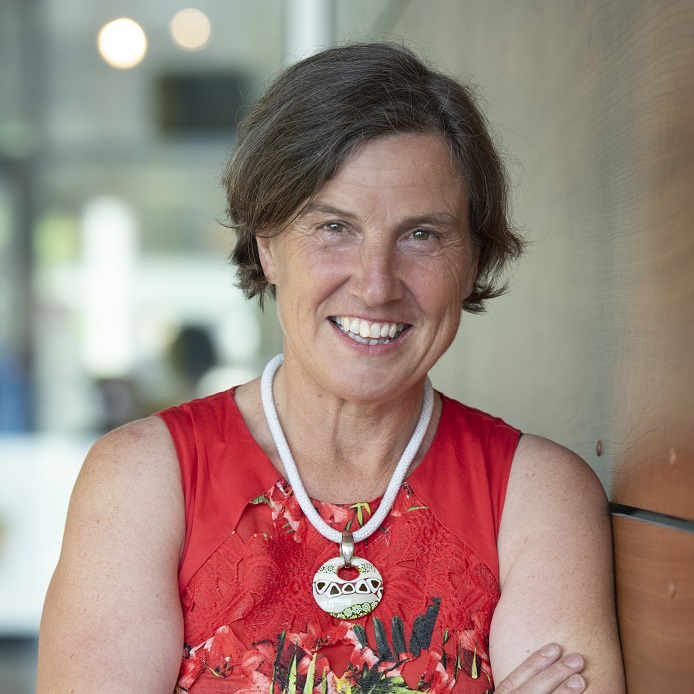A word from the Dean
2021-2022
For most people around the world, the past two years of constant adjustment, as we navigated the pandemic, have been tiring. And so it feels very good to have 2021-2022 finally in the rear-view mirror and to know that as of September 2022, we will once again be back on campus, for most courses, for most professors and students, most of the time. We have learned a great deal about how to teach online and bimodally these past two years – and there is no doubt that we will draw on those lessons learned going forward – but there is no doubt that one of these important lessons is that the traditional classroom (and, indeed, the traditional in-person meeting and in-person academic conference) offers an environment where all participants can actually focus on the topic at hand, with a minimum of external distractions, and that this is a huge advantage.
The reports of each of the Vice-Deans, and of the Faculty’s Chief Administrative Officer, speak eloquently to the Faculty’s many accomplishments this past year. I am particularly proud of the culture of collaboration that underpins these achievements. For example, when the researchers associated with the Centre for Black Health invited Professor Cornel West to speak on academic freedom and anti-racism, they reached out to the Student Recruitment and Student Experience teams to ensure that both current and prospective students could attend; to the folks at Alumni Relations to ensure that our former students received an invite; to faculty members and staff across campus; and, through our Communications team, we were able to reach out globally. When the event took place, we had more than 1300 people listening live, from many different countries – the largest audience uOttawa has ever had for a research event. Another important example of collaboration was the effort of all of our academic units to open up at least one graduate course in their program to students from other units in the Faculty, encouraging interdisciplinarity and allowing some of our courses to reach a larger number of students. And, of course, collaboration was key in the highly consultative process (led by our CAO, Nada Nagy, and our HR Manager, Sylvie Desrochers) that was used to inform our implementation of the University’s telework guidelines, which involved our administrative staff across the Faculty, and which was notable for leading to outcomes that are widely perceived as fair and equitable while meeting our operational needs and responding to the particularities of different teams.
We have lots of wonderful plans for 2022-2023 (and, indeed, for well beyond 2023), as our researchers, students, staff and alumni continue to do exceptional work that is ensuring that our Faculty is recognized as a place that makes a first-rate contribution to the creation and dissemination of knowledge in the social sciences and in influencing the shape of public policy both today and tomorrow. In particular, however, I hope that the annual report will evolve in form, format, and focus to become a living document that provides comparable year-over-year information, allowing us to better track who we are, what we are doing, and the impact we are having. I’m betting on our FSS team to achieve that objective – will anyone take my wager?
Victoria Barham
Dean, Faculty of Social Sciences
